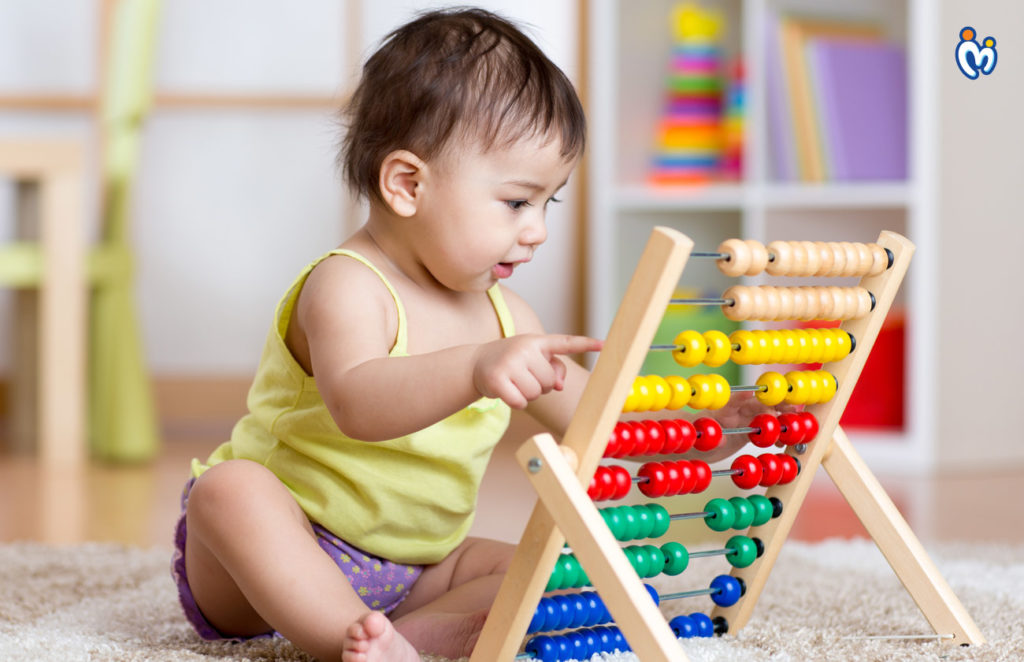Strategies To Boost Memory And Concentration In Preschoolers


Enhancing memory and concentration skills in preschoolers is essential for their cognitive development. In this article, we will explore the significance of memory and concentration in young children. We will also provide effective strategies for nurturing these skills.
As preschoolers step into a world full of new experiences, boosting their memory and concentration is essential to help them thrive in their learning environment. At this stage, children are developing the foundational skills that will support their academic and social success in the future. Engaging in activities and adopting strategies that enhance memory and improve concentration can significantly impact a child’s ability to process, retain, and recall information. By building these cognitive skills, parents and educators can lay the groundwork for a lifelong love of learning and curiosity. In this article, we will explore a range of practical strategies to boost memory and concentration in preschoolers. It includes everything from interactive games and play-based learning to physical activity and proper nutrition in their daily routines.
1. The Importance of Memory and Concentration in Preschoolers
a. Cognitive Development
Memory and concentration are fundamental cognitive skills that play an important role in a child’s intellectual growth during the preschool years.
b. School Readiness
Strong memory and concentration skills are closely related to school readiness. They set the stage for successful learning experiences.
2. The Building Blocks of Memory and Concentration
a. Memory Types
Preschoolers primarily utilize short-term and working memory. These enable them to retain and manipulate information temporarily.
b. Attention Span
Concentration skills in preschoolers involve their ability to focus on tasks and sustain attention, a crucial precursor to memory development.
3. Strategies to Boost Memory in Preschoolers
a. Interactive Learning
Engage preschoolers in hands-on, interactive activities that stimulate memory retention through play and exploration.
b. Repetition and Routine
Encourage repetition and establish routines in daily activities to reinforce memory recall and build a sense of predictability.
4. Strategies to Enhance Concentration in Preschoolers
a. Short Tasks
Break tasks into shorter, manageable segments to align with preschoolers’ attention spans. Gradually extend their focus over time.
b. Multi-Sensory Learning
Include multi-sensory activities, such as touch, sight, and sound, to captivate a child’s attention and build concentration.
5. Encouraging Memory Through Play
a. Memory Games
Introduce memory games like “Simon Says” or “Memory Cards” to challenge recall and make learning enjoyable.
b. Storytelling
Encourage storytelling and imagination to create narratives that preschoolers can remember and retell.
6. Concentration through Mindfulness
a. Mindful Practices
Teach basic mindfulness techniques, such as deep breathing, to help preschoolers regain focus during moments of distraction.
b. Quiet Time
Include quiet time into the daily routine to promote self-regulation and support concentration.
7. Nutrition and Memory
a. Healthy Foods
Include nutrient-rich foods like blueberries, salmon, and lots of rich fruits and green leafy vegetables that can positively influence memory function.
b. Hydration
Ensure preschoolers stay hydrated, as even mild dehydration can impact cognitive performance.
8. Memory Aids
a. Visual Aids
Implement visual cues, such as picture schedules, to assist memory and reinforce daily routines.
b. Memory Journals
Encourage preschoolers to create simple memory journals, which can help them record and recall experiences.
9. Storytelling and Memory
a. Relatable Stories
Share relatable stories with preschoolers involving characters and scenarios they can easily remember and engage with.
b. Encourage Recall
Quick preschoolers to retell or expand upon stories, enhancing their memory retrieval skills.
10. The Role of Sleep
a. Sleep Patterns
Establish consistent sleep patterns that ensure preschoolers get adequate rest, essential for memory consolidation.
b. Sleep Environment
Create a comfortable sleep environment that promotes restful sleep, helping memory and concentration.
11. Positive Reinforcement: Boost Memory And Concentration
a. Encouragement
Praise preschoolers for their memory and concentration efforts, building a positive attitude towards learning.
b. Rewards and Recognition
Implement a reward system to recognize and celebrate achievements, motivating continued development.
12. Technology and Memory
a. Educational Apps
Choose educational apps that offer memory-building games and activities suitable for preschoolers.
b. Screen Time Balance
Maintain a balanced approach to screen time. Ensure that technology complements, rather than replaces, traditional memory-enhancing activities.
13. Support from Caregivers
a. Active Involvement
Caregivers play a crucial role in memory and concentration development by actively participating in memory-boosting activities.
b. Collaborative Learning
Build a collaborative learning environment where caregivers and preschoolers explore memory-building together.
14. Memory Challenges and Solutions
a. Overcoming Forgetfulness
Help preschoolers develop strategies to overcome forgetfulness, like using memory aids and visualization techniques.
b. Celebrating Progress
Recognize and celebrate small memory achievements, creating a sense of accomplishment and motivation.
15. Boost Memory And Concentration: Individualized Learning
a. Recognizing Differences
Acknowledge that each preschooler develops memory and concentration skills at their own pace, with unique strengths and challenges.
b. Tailored Approaches
Tailor memory and concentration strategies to a child’s needs, considering their preferences and learning style.
16. Conclusion
a. Lifelong Benefits
Promoting memory and concentration skills in preschoolers lays the foundation for a lifetime of successful learning and cognitive development.
b. Nurturing Potential
By employing these strategies and providing a supportive environment, caregivers can nurture the memory and concentration potential of preschoolers, enhancing their readiness for future educational endeavours.
- Why Burping Your Newborn After Feeding Is Essential
Burping your newborn may feel like a…Read More
- What You Should Know About Your Baby’s First Bath: A Complete Guide for New Parents
Bringing your newborn home is one of…Read More
- What You Need to Know About Congenital Pulmonary Airway Malformation (CPAM)
Congenital pulmonary airway malformation (CPAM) is a…Read More



